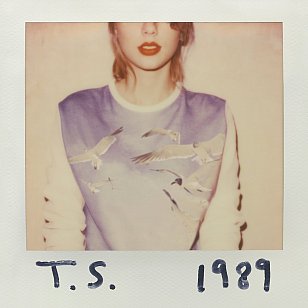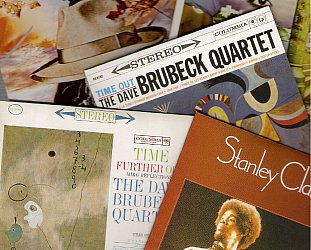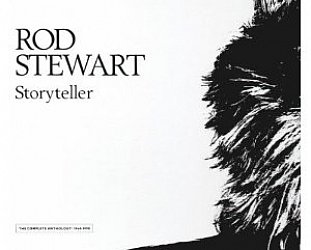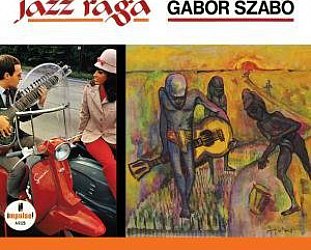Graham Reid | | 2 min read
I Wish You Would

When Ryan Adams recorded his own version of this Swift album it got to a lot of people who otherwise wouldn't mention Swift's name in civilised company. The shorthand was Adams had credibility, Swift was just a clever pop singer.
Well, I'll go on record and say Taylor Swift's Auckland concert that I caught was one of the most enjoyable shows I've ever seen: She is quite the musician (piano, banjo and guitar, often unaccompanied), an engaging performer who was on-stage the whole time (unlike Beyonce who disappeared for costume changes while we watched her videos), her songs were smart and memorable, and she respected her audience, notably when she did a few songs on a riser right at the back of Vector Arena so the kids there could get up-close.
To me that's star quality, and I went right out and bought her album Red.
But back to Adams whose 1989 invited his followers and others to nut on about how ironic it was, how it added some cachet to Swift's music (as if it didn't already have it) and that he brought a measure of integrity or authenticity to the songs.
Nonsense.
As Dorian Lynskey noted in an excellent piece in Q magazine last December, minor chords are often considered more serious than major ones, that McCartney would no doubt tell you that upbeat, tuneful songwriters tend to be less revered than anguished one “because we're prone to thinking that sadness is more authentic than happiness” and that to say Adams brought heartbreak to Swift's song was to deny that they were there in the first place.
They were, just rendered differently.
Taylor Swift is a very good pop singer – that isn't condemning with faint praise, it's very hard to be a good one – and a very proficient and prolific songwriter too. (Yes, she writes with others but many do.)
She's stretched herself from country to upbeat hip-hop influenced dance-pop and in that regard has covered quite a few musical miles in her short life.
People used to admire artists who changed as they grew, now it seems many older people prefer their artists to stay the same. But good as they are, how many more downbeat Lucinda Williams albums do you need in your collection?
Oh, that's right. Lucinda is an artist and Taylor Swift is just a pop star.
You could do worse than listen to Swift's 1989 with an open mind, a mind that accepts she is singing for her audience – pulling an influence from her pal Lorde along the way – and extending her musical boundaries.
 Easy to check her out too: this album
is one of those two-for-$20 deals at JB HiFi stores (here) and that's
a bargain . . . and others include Florence and the Machine's How Big
How Blue How Beautiful, Kendrick Lamar's To Pimp a Butterfly, Keith Richards' Crosseyed Heart . . ..
Easy to check her out too: this album
is one of those two-for-$20 deals at JB HiFi stores (here) and that's
a bargain . . . and others include Florence and the Machine's How Big
How Blue How Beautiful, Kendrick Lamar's To Pimp a Butterfly, Keith Richards' Crosseyed Heart . . ..





post a comment